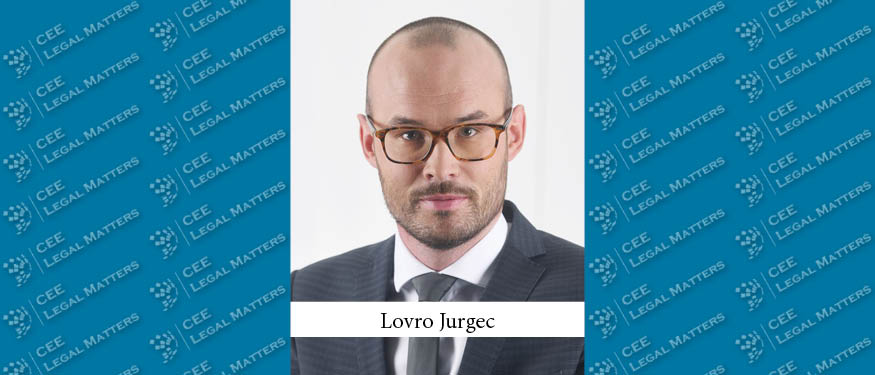Although the Slovenian capital market is still in the developing phase and has not yet reached its full potential, recent updates to the regulatory framework and market infrastructure represent substantial improvements. Such developments are related to a) the remarkable growth of the investment funds industry (especially in the field of alternative investment funds), b) the entry into force of the Markets in Crypto Assets Regulation (MiCA), and c) the enactment of new legislation related to personal investment accounts.
Investment Funds Industry
The Slovenian investment funds industry has been growing consistently during the last five years. It is comprised of two major sub-sectors: UCITS funds and alternative investment funds (AIFs). While the AUM of UCITS funds has doubled in the last five years (from approximately EUR 3 billion at the end of 2019 to EUR 6 billion at the end of 2024), the AUM of AIFs has achieved a total growth of more than 550% (from approximately EUR 130 million at the end of 2019 to approximately EUR 846 million at the end of 2024). Taking into account that several major AIFs have been established and have collected substantial commitments from the investors, it is expected that the AUM of the investment fund industry (and especially the AIFs sector) will continue to grow substantially in the upcoming months and years.
The growth of AUM in the Slovenian investment funds is, in general, related to two major factors: i) the surplus of inflows over outflows and ii) the favorable conditions in the global capital markets that caused an increase in the value of fund investments. Nevertheless, it should be noted that the segment of AIFs has been subject to accelerated growth after the last changes in the regulatory framework that were enacted with the adoption of the Slovenian Act on the Forms of the Alternative Investment Funds back in 2022, which entered into full effect in 2024.
This legislation defined the legal forms of AIFs and clarified certain important aspects of AIFs’ operations (e.g., segregation of assets, financial reporting, auditing, etc.). Accordingly, it is believed that such legislative changes have had positive effects on the growth of the AIFs sector.
Implementation of the MiCA Regulation
The crypto market has been very active and vibrant in the last couple of years, whereby several market players from Slovenia have played an important role, pioneering certain crypto sectors.
After the enactment of the MiCA Regulation at the EU level, in November 2024, the Slovenian legislator adopted a special law on the implementation of the MiCA Regulation, which determined a transitional period for crypto assets service providers (CASPs) to fully align and comply with the MiCA Regulation (i.e., to obtain the corresponding license from the Slovenian Securities Market Agency for the provision of services related to crypto assets). This transitional period ended on June 30, 2025, whereby most of the important Slovenian crypto market players had applied for the respective license under the MiCA regime. Taking into account the prescribed deadlines under the MiCA Regulation, the majority of the Slovenian CASPs should obtain their licenses by the end of this year.
The final implementation of the MiCA Regulation is expected to delineate and ultimately eliminate unregulated entities providing crypto-asset-related services from the market. This is anticipated to strengthen investor confidence in the crypto market and, as a result, further support the development of activity within an already dynamic crypto landscape.
Personal Investment Accounts
On May 27, 2025, the Slovenian legislator adopted a new Law on Personal Investment Accounts, which determined special rules for investments in certain types of securities (debt and equity securities and fund units issued or listed in Slovenia, the EU, the EEA, and the OECD) that will be made by retail (individual) investors (who are Slovenian tax residents) up to a specified threshold. The new law will enter into force on March 5, 2026.
The investments that are covered by the new legislation will have preferable tax treatment, which means, inter alia, that during the holding of such investments within the personal investment account, no tax on dividends, interest, and capital gains is to be paid. This is expected to encourage domestic retail (individual) investors to allocate capital to the Slovenian capital market, which may also have significant implications for the overall financial system of the Republic of Slovenia, which still primarily relies on bank-based financing and traditional forms of investing accumulated savings (e.g., deposits).
By Lovro Jurgec, Partner, Law Firm Fatur Menard
This article was originally published in Issue 12.6 of the CEE Legal Matters Magazine. If you would like to receive a hard copy of the magazine, you can subscribe here.
